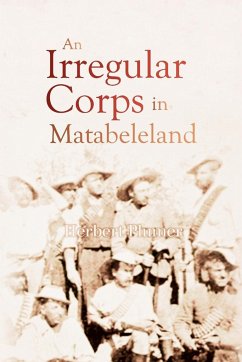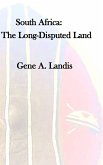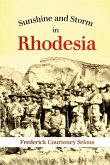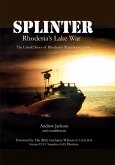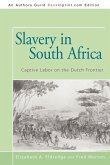"Full of details of every kind which are likely to be of use to others undertaking similar command." -The Librarian (London), June 26, 1897 "Colonel Plumer was the officer sent up to Bulawayo after the Jameson Raid...commanded the Imperial relief force made necessary by the Matabele rising." -Book-Bits (London), April 10, 1897 "Plumer...took the utmost pains to mould his raw volunteers into an efficient fighting...force...this irregular corps...did extremely good work." -Plumer of Messines (2017) "Few British commanders won such renown...his first important appointment was in command of the troops in the Matebele Rebellion." -Detroit Free Press, July 17, 1932 With the nearest British troops 500 miles away, who would be left to protect the 4,000 Zimbabwe settlers from a violent uprising of the Matebele tribe bent on their extermination? Would Col. Plumer be able to raise an irregular fighting force of civilians in time to save settlers from this onslaught? In 1897, Herbert Plumer (1857 - 1932) would write a first-hand account of his raising, training, and mobilizing a force of irregular fighters which he would lead into battle. His 1897 book was titled, "An Irregular Corps in Matabeleland." In introducing his book, Plumer writes: "The Matabele had risen in revolt against the authority of the British South Africa Company, and had expressed their determination to exterminate all the white settlers in the country, caused the utmost consternation, not only throughout South Africa, but in England; and, indeed, it was hardly possible to exaggerate the gravity of the situation. "The picture of the small population in that country, among whom were many women and children, exposed to the fanatical fury of a savage race, famed for their ferocities and cruelties, with the long stretch of over 500 miles between them and the nearest place from which reinforcements could be sent, was horrible to contemplate; and the anxiety as to whether, with their limited resources of men and arms, they would be able to hold out until those reinforcements arrived was proportionally intense...." About the author: Huber Plumer (1857-1932) was a senior British Army officer of the First World War. After commanding V Corps at the Second Battle of Ypres in April 1915, he took command of the Second Army in May 1915 and in June 1917 won an overwhelming victory.

